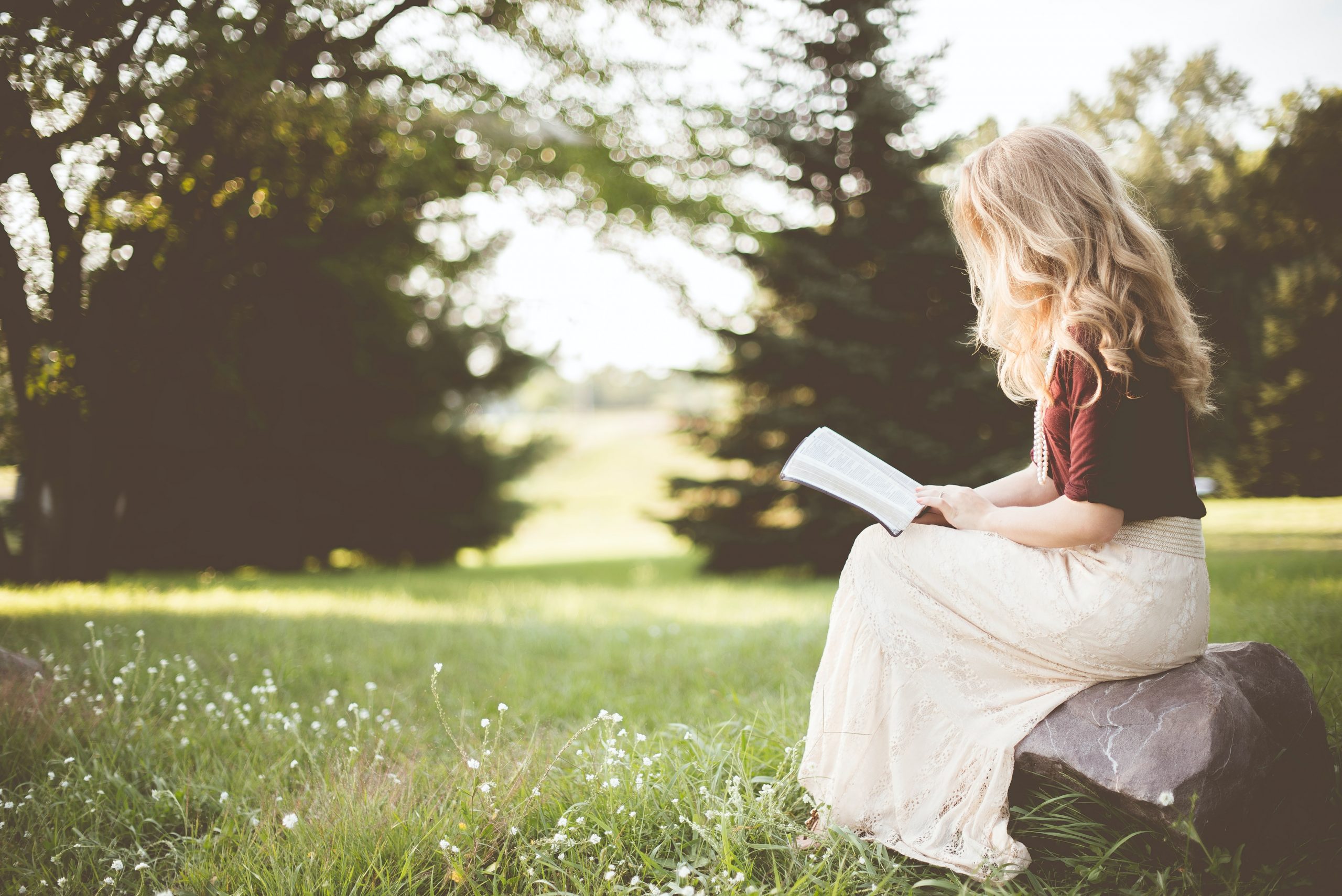In this version of twenty questions, I send a list of questions to a willing victim author and they choose their own interview by choosing the which questions, and how many questions, they want to answer! Karen Essex, author of the fabulous, Dracula In Love (now in paperback), played along and answered five questions. Here is what Karen had to say about reading, writing and having things “hotinside me.”
Would you give us a bit of introduction and let my readers know who you are, how you got started writing, and what kind of books you like to write?
I always thought I would be a writer but spent the first thirty years of my life doing other things—studying, living, modeling, working in film and theater. I was producing a movie in Philadelphia and I woke up in the middle of the night and thought, “Oh God, I forgot to be a writer.” I started writing and never looked back. That is the truth.
At this point in time I am writing historical fiction, which I love doing, but I expect that to change at some point. I had a wonderful time dipping into the supernatural with Dracula in Love, and I definitely want to continue exploring that element, though my next two planned novels are Italy-based historical fiction.
I am so curious about the different ways writers respond to the process of writing a book. Can you share with us any routines, food or recipes, or favorite books or rituals that help you thorough the writing process?
Honestly, I don’t need that much help. I am absolutely sure that I am doing the thing that I came to this planet to do, so that is my comfort. I don’t have routines. When I get going on something and it’s “hot” inside of me, I do whatever it takes to research properly, and then I just write and write until it’s finished. Afterwards, I reward myself big time, usually with lots of socializing, travel, and jewelry. I mean, a girl has to live.
Write the question you would most like to answer in an interview, and then answer it.
Q: Ms. Essex, why do you write historical fiction about powerful women?
A: Because women’s lives, perspectives, achievements, thoughts, hopes, and dreams have been left out of the historical record. As a female who loves history—and that includes traditional militaristic history told as a series of battles and conquests from the “male” perspective—I also get despondent over the lack of the female voice. So I am doing my bit to reintegrate women into the historical record. We were there too, contributing our energy, intellects, resources, etc. We, too, shaped the world in which we live.
I chose to write this as fiction over nonfiction because I know that people love to learn as they are reading for pleasure, and also, well, because I can! Any good journalist can turn out a decent biography but it takes a certain talent and type of imagination to write fiction. If one has that talent, it’s a shame and a waste not to use it. Your talents will burn a hole in your soul if you don’t furnish them with an outlet.
People live in stories, we are surrounded by them. What was it about this the story that made it the one you had to tell at this time? What impact did telling this story have on your life? Did you find that it had changed you?
I read Dracula for the first time when I was fifteen years old and though I love the story, I never liked Bram Stoker’s interpretation of Mina Harker. I felt that he shortchanged her. So one day I was struck with the idea to retell the Dracula myth and give Mina her due. Here is how I know to write a book: I cannot possibly stop myself from writing it. And I think that those are the only books that should be written, the ones where we cannot impede from letting themselves into the world. And this book did change me. Opening my writing life to include paranormal elements put me in deeper touch with the mystical and also resurrected my childhood memories of being raised by psychic women, which was a powerful experience and shaped my life in crucial ways. Though Dracula in Love is a retelling of Stoker’s story, it is more personal to me than any book I have written.
What was the most interesting thing that you found out while researching this book that you ultimately decided not to include?
I did massive research into Victorian insane asylums and the extremely weird treatments inflicted upon women to relieve them of their “hysteria”, which was a Victorian code word for sex drive. I could have written a book on this topic alone because it was so fascinating to me. When it came time to write the sequences in Dracula in Love that took place inside the asylum, I had to strictly discipline myself to only write what was relevant to the story at hand. People tell me that those are the most harrowing scenes in the book. Strange that the scenes based on painstaking medical and historical research are scarier than the scenes of vampirism! Really, you can’t believe what horrors have been committed upon the female body in the name of medicine. But I controlled myself. I was writing a book that rescued Mina from being the vampire’s “victim” and gave her power of her own. The last thing I wanted to do was write a book about female victimization. And yet it is undeniable that women have truly suffered. On the other hand, we have always found ways to survive, and even thrive. It is the latter that I try to emphasize in my work.



